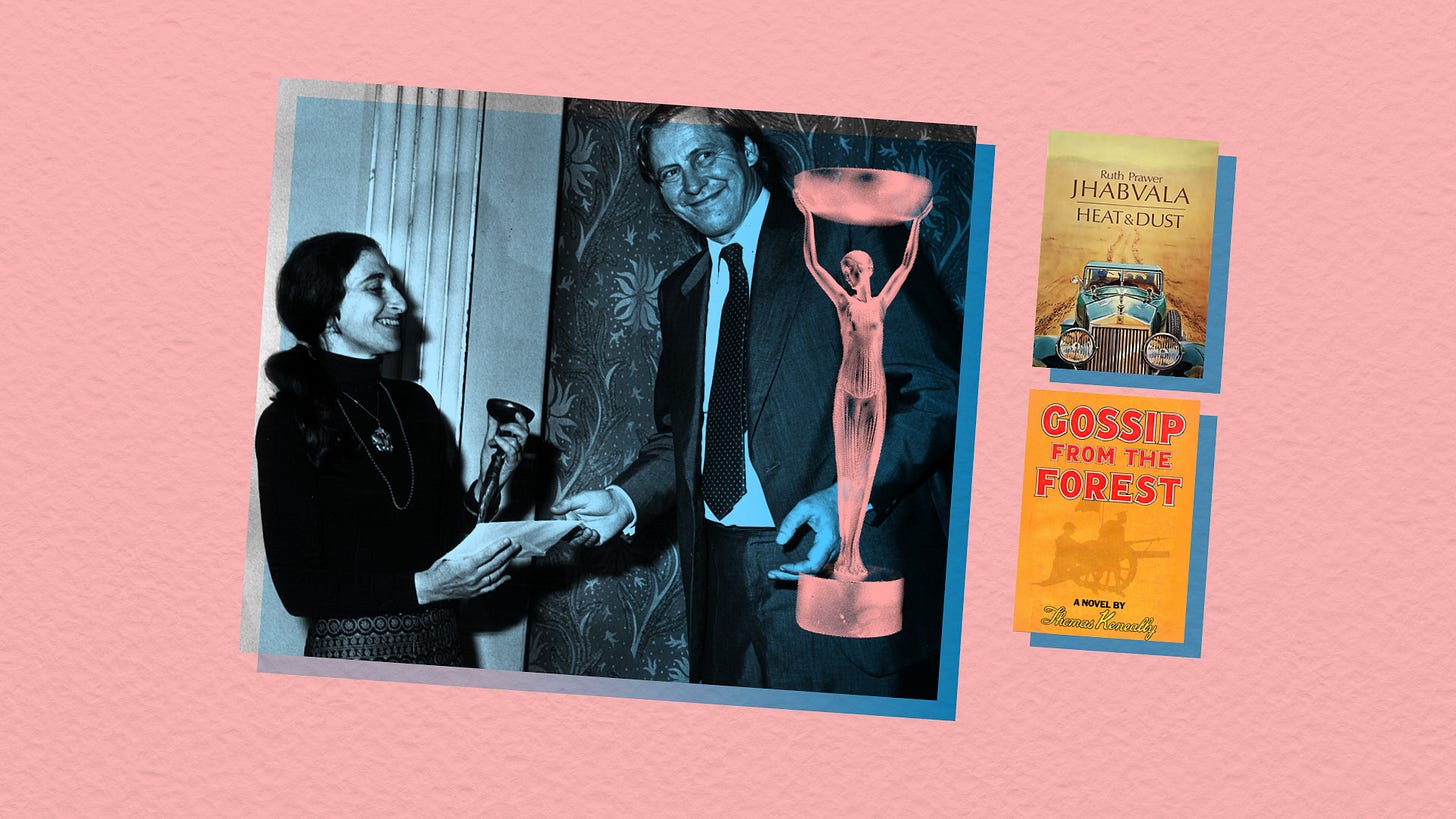Your weekly edit
In the world of the Booker Prizes this week: our shortest shortlist revisited; books that are perfect for foodies; fictional fathers, ranked; plus, which International Booker Prize winner to read next
1975 and the shortest shortlist, ever
Fifty years ago, the Booker Prize judges enraged the publishing world by including just two books on the shortlist – and declaring a strong distaste for most contemporary fiction. Critic James Walton explores one of the most controversial years in the prize’s history, reflecting on the novels that were nominated and the ones that, surprisingly, were not.
10 books that are perfect for foodies – and fans of The Bear
Hungry for your next great read? Need something to keep you going before season 4 of The Bear lands later this month? This chef’s-special collection serves up some of the best Booker-nominated novels featuring food – books that will surely satisfy your appetite to be both well-read and well-fed. We’ve even included recipes to complement your reading, from lemon syllabub and cold cherry soup to crab cakes and beef empanadas.
Memorable fictional fathers, ranked from worst to best
‘A stodgy parent is no fun at all,’ wrote Roald Dahl in Danny the Champion of the World. ‘What a child wants – and deserves – is a parent who is SPARKY.’ For Father’s Day, we’ve selected 10 Booker Prize-nominated novels with distinctive dads at their centre – the good, the bad and the monstrous.
Which piece of prize-winning translated fiction will you read next?
Since 2016, the International Booker Prize has championed the best in translated fiction, from The Vegetarian by Han Kang, translated by Deborah Smith, to this year’s winner Heart Lamp by Banu Mushtaq, translated by Deepa Bhasthi. But which book is best for you? Take our quiz and find out.
Happy reading, and don’t forget to let us – and fellow readers – know what you think in the comments.








James Walton's essay will be mandatory reading for future scholars on the history of the novel, the reading public and the market place, and the role of the Booker in canon construction. Congratulations on your retrospective essays that are a self-conscious exploration of the dynamics of the literary prize. Rather than assuming absolute authority, the Booker affirms that determining literary value is always in process, and emphasizes an understanding of the historical contexts that shape reader response. Because, at the end of the day the judges are just that -- readers.
Fantastic 💎💕📚💕💎